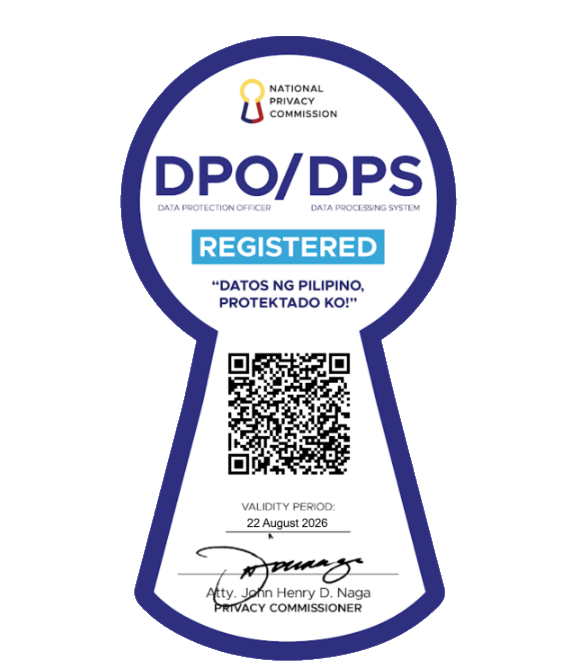#GoingGlobal: International Partner from Czech Republic visits VSU for circular economy talks
- Details
- Written by Mike Laurence V. Lumen
-
Published: 19 May 2025
For two weeks, Dr. Michal Struk traded the halls of Masarayk University in the Czech Republic for classrooms, barangay halls, and event open-air discussion in Baybay City, Leyte.
His visit to VSU from March 31 to April 11, 2025 was part of a growing partnership between the two institutions, and part of a broader conversation about how wastes are managed and think about sustainability.
Dr. Struk works at the Sustainability and Curicularity Institute of Masaryk University, where his research focuses on the economics of municipal waste and the shift from a traditional “take-make-dispose” approach to one that prioritizes reuse, recycling, and efficiency, what is known as the circular economy.
Learning beyond the campus
His time at VSU was not limited to lectures. He spent several days in Barangays Pangasugan and Guadalupe, where he met with local officials and residents to talk about everyday waste practices and looked at how some lessons from European countries might be adapted in a local context.
This visit also connects with one of VSU’s current projects called Leveraging Integrated Waste Management System to Nurturing Integrity and Sustainability of VSU’s Ecosystem or LINIS VSU, which seeks to make the university more consistent and proactive when it comes to how it deals with waste.
On April 7, 2025, Dr. Struk was the keynote speaker for a nationwide webinar hosted by the National Research Council of the Philippines under the Department of Science and Technology (DOST-NRCP), in partnership with VSU and ViSERDAC.
Over 300 participants from across the country tuned in to hear him explain the big-picture difference between linear and circular economies, and why public awareness and education are just as important as policy.
Dialogue with Baybay City
The visit also opened doors to potential city-level improvements. On April 8, 2025, Dr. Struk joined VSU officials in a courtesy visit to Baybay City Hall, where they spoke with Mayor Jose Carlos L. Cari and City Environment and Natural Resources Officer Engr. Gretel A. Cabrito.
The discussion revolved around the city’s current waste systems and how some of the research from Europe might help inform better practices moving forward.
Talking to students
Students were part of the conversation too. Through a series of classroom visits and a lecture organized by the Young Economists’ Society, Dr. Struk discussed how economics and environmental policy go hand in hand.
He touched on topics like cost-benefit analysis, behavior change, and how governments can encourage better waste practices.
What stood out in these talks was his emphasis on the role of people, not just systems or policies, in making change happen.
Circular economy, as he explained, works best when it involves not only governments or institutions but also individuals making informed choices every day.
This article is aligned with the Sustainable Development Goals (SDG) 4: Quality Education; SDG 6: Clean Water and Sanitation; SDG 11: Sustainable Cities and Communities; SDG 12: Responsible Consumption and Production; SDG 13: Climate Action, and SDG 17: Partnerships for Goals.


